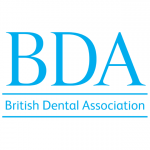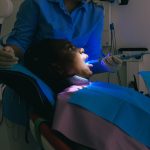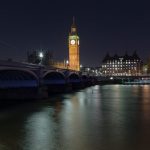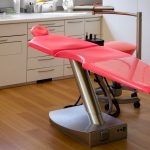Michael Lansdell is a founding partner at specialist dental and medical accountants Lansdell & Rose and a chartered accountant. Here, he discusses the main points from the Chancellor’s Summer Statement delivered on 8 July, which outlined new measures to support business and workers.
Rishi Sunak’s Spring Budget was on 11 March, just two weeks before large parts of the economy were shut down completely. Now, four months later, your practice may have reopened and hopefully you are feeling positive, proactive, and prepared for whatever might come your way. Here’s a brief guide to the Summer Statement and which of the interventions could be of particular interest to practice owners and dental professionals.
Furloughed workers
If you are a dental practice owner who has furloughed staff, you will probably already know that the Coronavirus Job Retention Scheme (CJRS) is being phased down starting from August, when more of the cost of furloughing will be passed onto the employer. The CJRS has already been extended twice, but the Chancellor confirmed he still intends for it to finish in October, as planned.
What is new is a Job Retention Bonus in the form of a one-off £1,000 payment, for every employee you bring back and who remains continuously employed until the end of January 2021 (you’ll get your bonus from February onwards). Any furloughed individual you return to work must earn more than £520 a month, on average between the end of the CJRS and the 31 January.
Work placements, trainees, and apprentices
There are to be new payment bonuses attached to employers who offer the above, which could all certainly be of interest to practice owners and enrich your workplace for a multitude of reasons. First is the Kickstart Scheme, which aims to provide new, six-month, quality work placements for young people aged 16-24. Government funding for each job will cover employers’ costs, including 100% of the relevant National Minimum Wage for 25 hours a week, plus employer NICs and minimum automatic enrolment contributions.
There will also be bonuses for employers who offer traineeships/work placements for 16-24-year olds and for those who hire new apprentices – for every new apprenticeship, you could receive up to £2,000.
A Stamp Duty showstopper
This announcement was the headline grabber; the UK housing market had – unsurprisingly – ground to a near-halt in the first half of the year. So, as had been widely expected, from 8 July – 31 March 2021, there is to be a temporary cut on Stamp Duty Land Tax (SDLT) on residential property in England and Northern Ireland, increasing the zero-rate band to £500,000 with all bands being revised. For additional properties, or corporate residential properties of over £40,000 though, you’ll still need to add 3% to the relevant SDLT rates.
To sum up…
Generally, we’re all now wanting to regain lost ground from lockdown and, of course, the current picture will also look different from wherever you are in the UK. We might feel that we’re facing the great unknown, but although things might “seem” different, a successful business is always one that has been built on sensible and solid practises, protocols and processes, and is able to adapt and respond intelligently to changing and challenging circumstances.
What I do know is that at Lansdell & Rose, our dental clients are very happy to be back at work! We offer a full portfolio of accountancy services and will also give you specialist, quality advice with business support and planning for now and the future.
From the very start of the pandemic, those who adopted a confident and decisive approach have stood out from the rest and this is what every dental practice owner and dental professional who wants to gain the maximum benefit from their business and optimise their personal finance, should be aiming to achieve.
For more information please visit www.lansdellrose.co.uk.















